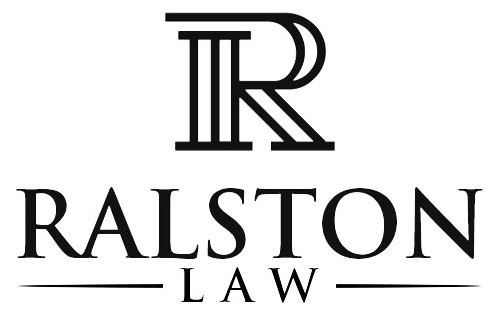The recent presidential election has many parents of children with special needs worried about the future of their children's educational rights and support services. While President-elect Trump promised to close the Department of Education very early in his second term, it's essential to understand what this could mean for your child and what protections would remain in place.
First, historical context: The Department of Education became a Cabinet-level agency in 1980 under President Carter. A few years earlier, in 1975, Congress passed the Education for All Handicapped Children Act (later renamed the Individuals with Disabilities Education Act, or IDEA), establishing crucial protections for students with disabilities. IDEA protects approximately 7.5 million students nationwide - about 15% of all K-12 students. While the Department of Education currently oversees IDEA implementation, these essential protections would remain law even if the department were eliminated - a different agency would manage them.
However, eliminating the Department of Education isn't as simple as a presidential decree. Such a dramatic change would require congressional action and a supermajority of 60 votes in the Senate. Even with Republicans controlling both chambers, this would be a significant challenge. The GOP would need Democratic support to reach that threshold, and some Republican lawmakers have already expressed skepticism about dismantling the department entirely. Last year, 60 House Republicans voted against an amendment proposing to close the Department of Education.
Nevertheless, some important aspects of special education could face significant changes if the department is eliminated or substantially restructured. Here are the key areas parents should watch:
Federal Funding Impacts
The federal government currently provides billions of dollars annually in IDEA grants to states for special education services. Some proposals would convert this funding into block grants sent directly to school districts. While this might seem like a minor administrative change, it could affect how money is distributed and potentially reduce oversight of how funds are used. House GOP leaders have also proposed cutting IDEA spending by 25%, which could force schools to reduce staff or cut other programs to maintain required special education services.
Changes to Complaint Processes
If your child's rights are violated, you can file complaints with the Department of Education's Office for Civil Rights. Under Project 2025 proposals, set forth by allies of President Trump, this function would move to the Department of Justice, with special education programs moving to Health and Human Services. This restructuring could make the complaint process more adversarial and less focused on collaborative solutions with schools. The separation of civil rights enforcement from special education expertise could also complicate the handling of cases.
Support Services and Research
The Department of Education operates information centers in nearly every state to help parents understand their rights and navigate the special education system. The department also funds research into new teaching methods and technologies that benefit students with special needs. However, these "under the radar" but crucial functions could be at risk. For example, text-to-speech software, now standard on electronic devices, gained prominence partly through federally funded research proving its effectiveness.
The Path Forward for Parents
While these potential changes may seem daunting, there are several steps you can take now to help protect your child's educational future:
Stay Informed: Monitor any proposed legislation that could affect special education services. Many of the most dramatic changes would require congressional approval.
Know Your Rights: The fundamental protections of IDEA will remain in place. Your child maintains the right to an appropriate education in the least restrictive environment.
Document Everything: Keep detailed records of your child's educational services, progress, and concerns. Good documentation becomes even more critical if oversight systems change.
Build Strong School Relationships: Maintaining positive relationships with your child's teachers and administrators can help ensure good communication and support, regardless of changes at the federal level.
Most importantly, remember that major changes to special education policies would face significant hurdles. Many Republican lawmakers, including some in key positions, have personal connections to special education through their own families and have historically supported strong protections for students with special needs. For example, Senator Bill Cassidy has a daughter with dyslexia, and Representative Cathy McMorris Rogers has a son with Down syndrome. Both have advocated for robust federal support for special education.
Let Me help You Plan Your Child's Future Security
We understand that uncertainty about your child's educational future can be stressful. While the political landscape may shift, we can help you create a comprehensive life & legacy plan that protects your child's interests and ensures they have the resources they need to thrive. Our holistic planning process includes strategies for advocating for your child's educational rights and securing their long-term care and support.
Contact us today to get started.
This article is a service of Ralston Law, a Personal Family Lawyer® Firm. We don’t just draft documents; we ensure you make informed and empowered decisions about life and death, for yourself and the people you love. That's why we offer a Family Wealth Planning Session™, during which you will get more financially organized than you’ve ever been before and make all the best choices for the people you love.
The content is sourced from Personal Family Lawyer® for use by Personal Family Lawyer® firms, a source believed to be providing accurate information. This material was created for educational and informational purposes only and is not intended as ERISA, tax, legal, or investment advice. If you are seeking legal advice specific to your needs, such advice services must be obtained on your own separate from this educational material.

